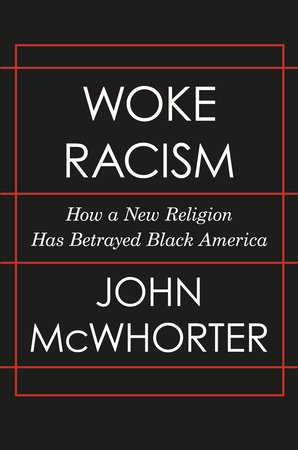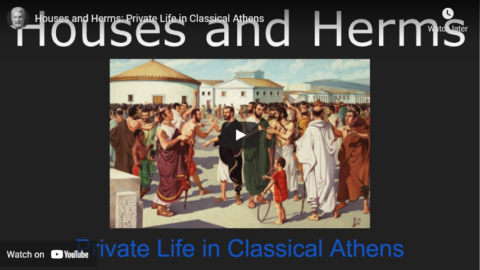In Quillette, Jared Marcel Pollen reviews John McWhorter’s new book Woke Racism: How a New Religion Has Betrayed Black America:
McWhorter identifies three waves of anti-racist activism in the United States, the first of which was the fight against slavery and legalized segregation. The second was the struggle against racist attitudes, which sought to instill the idea that racial prejudice was a moral defect. The current strain of anti-racist activism constitutes a “third wave”, and like any movement in an advanced stage, it is characteristically decadent. The Elect’s ideology, like so much contemporary social justice, is a grotesque contest of elite moral exhibitionism, inordinately preoccupied with policing speech and regulating behavior. It is fundamentally performative and, above all, pretentious, in both the etymological sense of the word (to pretend) and in its common usage (attempting to impress).
This approach to battling racism tends to appeal to well-educated white people afflicted by a guilty conscience. The only remedy for them — the load-bearing pillar of white America’s new moral responsibility — is a declaration of one’s own “privilege”. This, McWhorter assures us, is not progress or even compassion, it is a form of self-help. “The issue,” he writes, “is not whether I or anyone else thinks white privilege is real, but what we consider the proper response to it.” [Italics in original.] Privilege is indeed real, and making oneself aware of it is morally important, but when employed as a cudgel, it becomes a monstrous prop.
Encouraging black people to see themselves as perpetual victims, while assigning to white people the task of becoming enlightened enough to recognize their own inherent and irredeemable racism creates a culture of soft-bigotry, furnished by polite lies and low expectations. “White people calling themselves our saviors,” McWhorter writes, “make black people look like the dumbest, weakest, most self-indulgent human beings in the history of our species, and teach black people to revel in that status and cherish it as making us special.”
This endless condescension is writ large in DiAngelo’s work, and we can see it in the training seminars now required by many companies, in which things like “logic” and “punctuality” are ascribed to “Whiteness”. Do the people running these seminars really believe that black people can’t be rational and on time? Do they think that science and math are things that only white kids are good at? And, McWhorter asks, if black students perform poorly on standardized tests, is it fair to assume that the test is racist, and should therefore be discontinued, as the Elect now propose? Would it not be better to ensure that those students have access to resources and tutoring? Far from helping anyone, these distortions of essence and aptitude actually hurt the advancement of what is now commonly referred to as “racial equity”.
The goal of third wave anti-racism is ostensibly concerned with “dismantling” racist “structures”, but it is actually an attempt to narrow the discourse and limit the range of honest thought in pursuit of a phony consensus. This is achieved through a ruthless evangelism, which McWhorter manages to condense as follows:
Battling power relations and their discriminatory effects must be the central focus of all human endeavor, be it intellectual, moral, civic, or artistic. Those who resist this focus, or even evidence insufficient adherence to it, must be sharply condemned, deprived of influence, and ostracized.
For support, McWhorter offers a spate of scandals and PR nightmares that would signal, to an alien observer, a kind of collective insanity or Salem-esque panic. One of the salient and most stupefying examples is the case of Alison Roman, a (now-former) food critic at the New York Times. Roman ran into trouble when she criticized two of her contemporaries — model and food writer Chrissy Teigen, and life coach Marie Kondo — for their hypocritical commercialism. Despite coming from different ethnic backgrounds and cultural milieux (Teigen is half-white and half-Thai and was born in America; Kondo was born and raised in Japan), both are assimilable as “people of color” according to the progressive Weltanschauung, so Roman’s criticism placed her under suspicion. What reason could a white New York Times journalist have for criticizing two non-white celebrities, other than sublimated bigotry?
A few days later, singer Lana Del Rey responded to criticisms of her music’s use of sexual themes by pointing out that plenty of other artists, including Nicki Minaj and Beyoncé, also sing about sex. Del Rey was immediately attacked by social media mobs, who denounced her in an endorphin-rush of self-righteousness. These two cases make the Elect’s devotion to rooting out racial bias seem like a protean neurosis, which sees racism even when it isn’t there.











